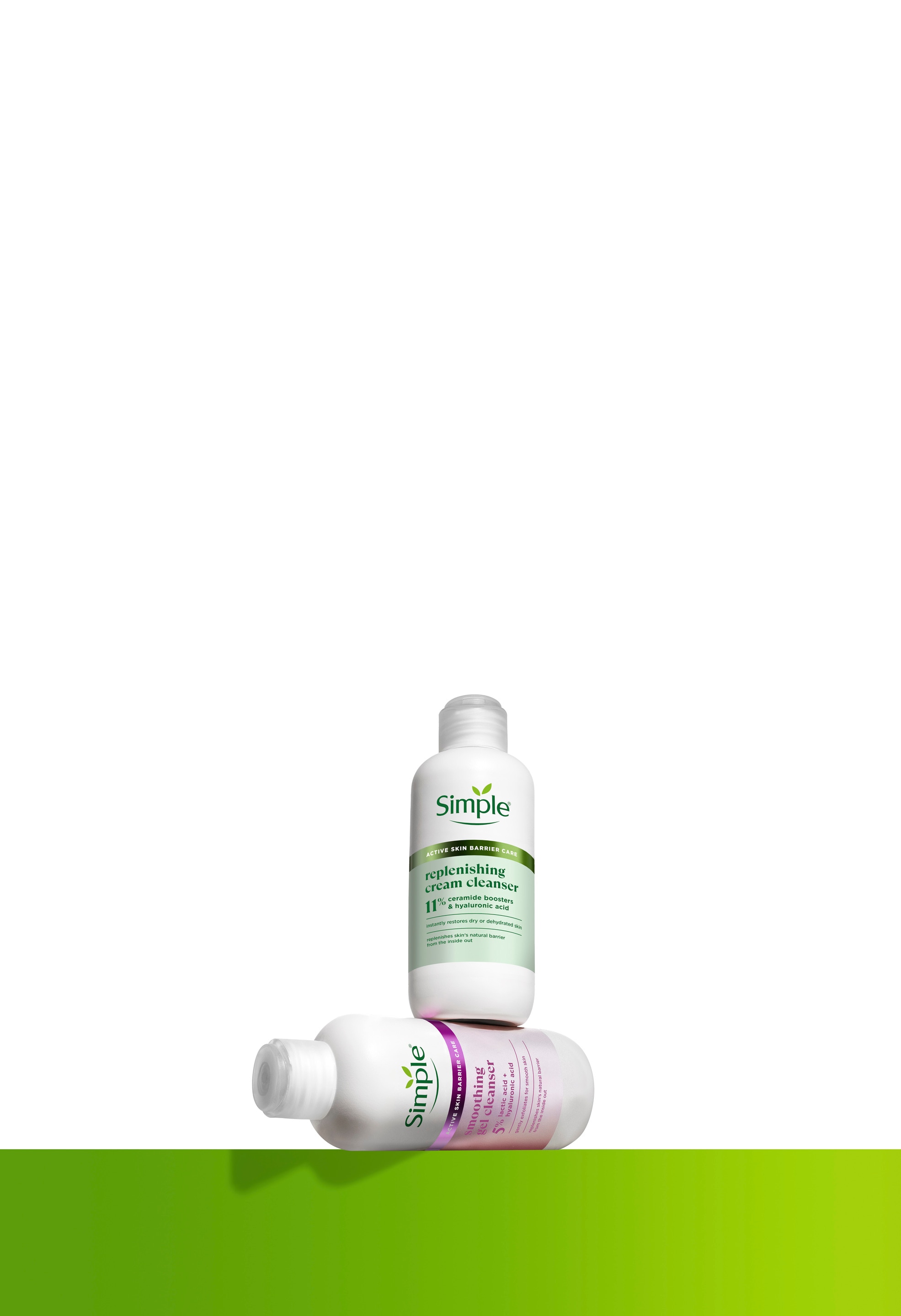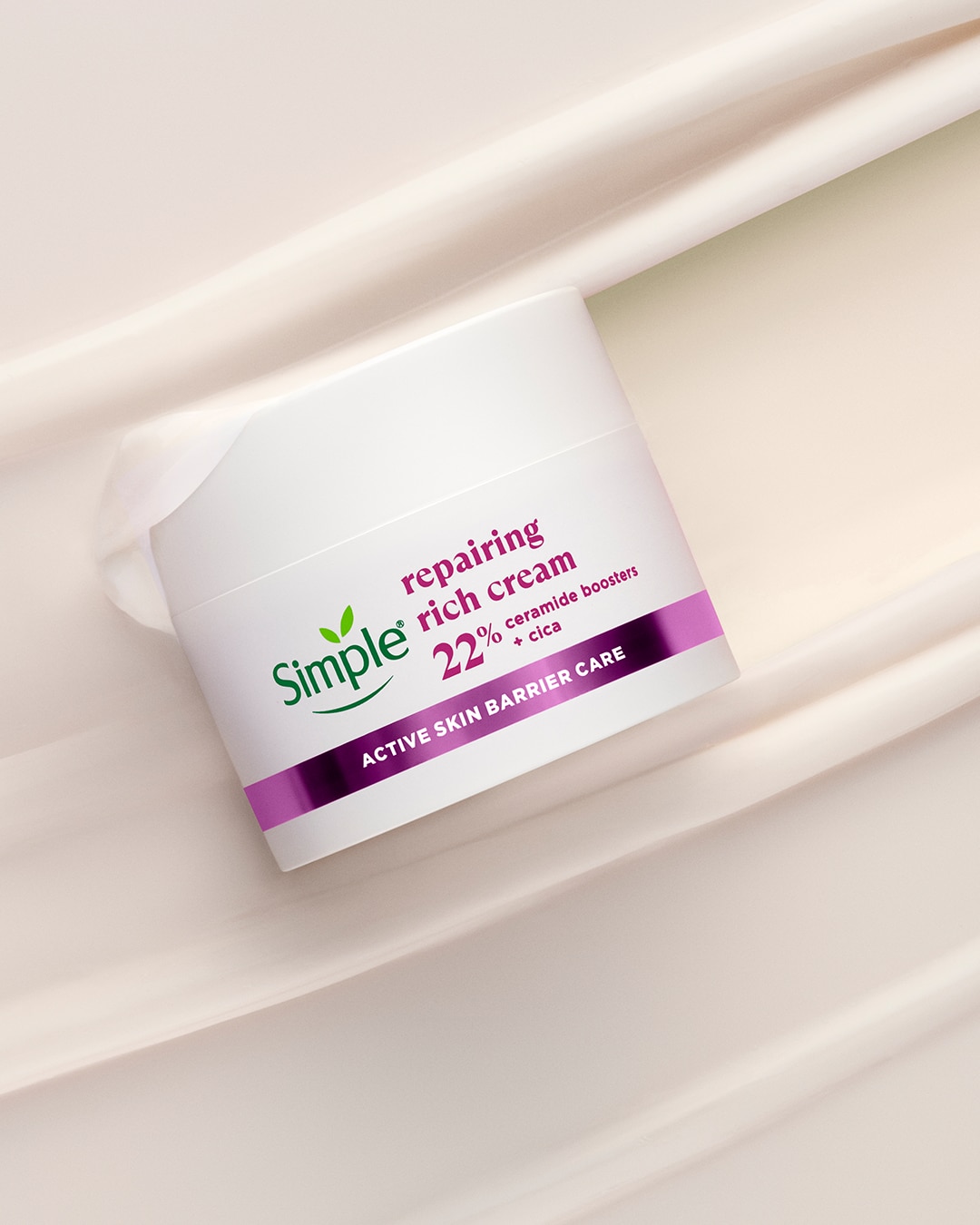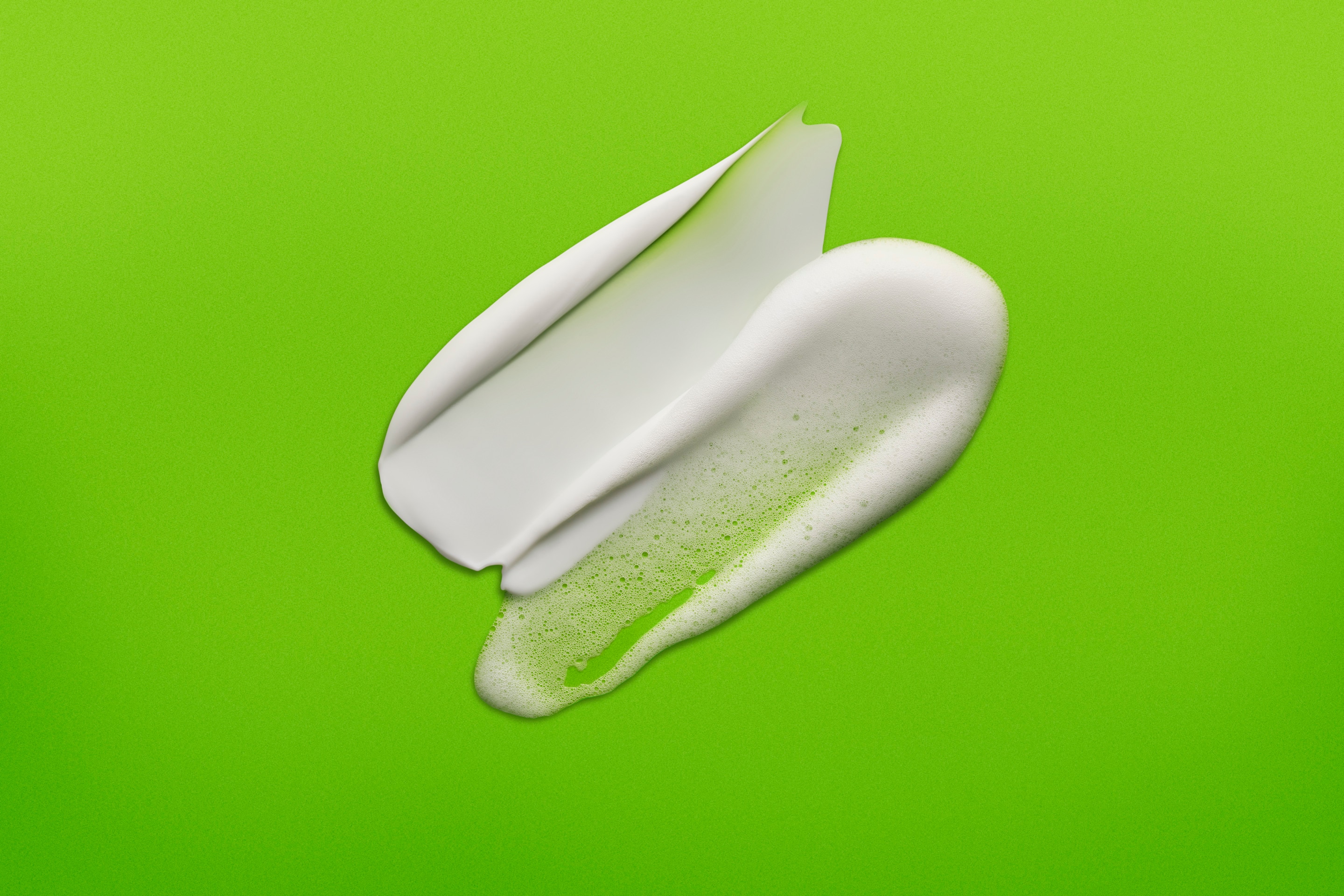Skip to:

Your Guide to Menopausal Skincare
There’s a lot more to menopause than those infamous hot flushes (but still, pass the fan). Many of us will experience perimenopause, menopause and post-menopause in our lifetimes – all completely natural stages of life that were stigmatised for way too long.
There’s been lots of misconceptions about what being menopausal looks like and how it can affect us differently. Not to mention the ways it can transform everything from our mental health to our sleep patterns.
Luckily, the conversation around menopause is finally changing. Beauty brands in particular are helping us embrace the journey, increasingly developing innovative new formulas to make living with menopause more comfortable.
Whether you’re already in menopause or thinking ahead for the future, being prepared is the best way to feel more confident in managing the symptoms and feeling better in yourself overall.
Like any other time when your hormone levels fluctuate, your skin can react and behave differently around the menopause and beyond. So, you can see why menopausal skincare is worth getting clued up on.
The Simple truth
The menopause can have as much of a transformative effect on our skin as it does on our minds and bodies.
Let’s dive into all things menopause, including how it can affect your skin and what you can do to care for menopausal skin.
Menopausal Skincare: Your Guide to Caring for Skin During Menopause
What is menopause?
Menopause refers to the time in a woman or person with a womb’s life when 12 months have passed since their final period.
Most people who will experience menopause will go through this transition between 45 and 55, but some will go through this life stage earlier.
Signs that this is approaching can begin many years before menopause officially begins. This happens during a time known as perimenopause, which is the few years leading up to menopause itself when our oestrogen levels drop, with our ovaries gradually releasing less and less of the hormone.
Some of the many symptoms of approaching or entering the menopause include:
- Irregular or stopped periods
- Irritability or fluctuating moods
- Difficulty sleeping
- Headaches or migraines
- Hot flushes
- Aches and pains
- Brain fog
- Night sweats
Just like the rest of our body, our ovaries also mature and release fewer hormones (like oestrogen, progesterone and testosterone). It’s this fluctuation in our hormone levels that can have an impact on our skin. A drop in oestrogen reduces collagen and elastin production, making your skin thinner.
You may lose fat from under your skin, so you might see some sagging (especially around the cheekbones and jaw). You could also experience hormonal breakouts too. Post-menopause, you’ll notice these effects will settle down, but your skin may become drier. None of this is to be feared! It’s all completely natural and there’s so much you can do to keep your skin looking healthy and glowy.
Different women and people with wombs experience menopause in different ways. Some will see lots of new skin changes, whilst others barely notice a thing. No matter how it affects you, being kind to yourself should remain your priority.
Here are a few of the most common menopausal skin changes (but don’t be surprised if your skin behaves differently).
Some of the signs of perimenopausal and menopausal skin:
- Dryness
- Breakouts or acne
- More visible fine lines
- Increased sensitivity
- Unpredictable flushing and redness
- Skin that takes longer to heal
- Increased hair growth
The best skincare for menopausal skin
How Simple® can help you look after your skin during menopause
As you enter this new life stage, focusing on giving your skin everything it needs and nothing it doesn’t will help your skin look and feel its best.
Simple® products are formulated for sensitive skin. They’re free from alcohol, colour, perfume and over 2,000 chemicals.
Our gentle range contains high quality ingredients, without any unnecessary extras. Which makes it ideal for use through perimenopause, menopause and beyond and has everything you need from skincare to hand care.
How can I keep my skin healthy during menopause?
Menopause can take its toll on your skin, but you can prepare for fluctuations by understanding how they work and choosing the most effective ingredients to target them. Here are some easy ways to switch up your skincare for your perimenopausal and menopausal skin needs...
More caring cleansers
One of the first changes you might notice is that your skin starts to get drier. That’s because your oil glands aren't as active anymore. It’s still important to cleanse your skin well to keep it looking and feeling healthy, but it could be time to switch to something that doesn’t strip your skin as much. Go for a creamy formula like our Replenishing Cream Cleanser. It’s 100% soap free and packed with ultra-nourishing ingredients.

Moisturisers that do more
If there was ever a time to amp up hydration, this is it. This is why finding the best moisturiser for menopausal skin is so important. The ideal one will be loaded with nourishing ingredients. We love Regeneration™ Age Resisting Cream SPF 15, which also helps protect against UV rays and fight signs of premature ageing.
When it comes to finding the right night cream, it’s all about intensely replenishing your skin while you sleep. Some great options are our NEW Active Skin Barrier Care Repairing Rich Cream or Regeneration™ Age Resisting Night Cream.

A top trick if you are experiencing hot flushes is to keep masks or moisturisers in the fridge to make them extra cooling when you apply them, leaving the skin feeling more soothed.
You could add our 3% Hyaluronic Acid + Vitamin B Booster Serum into your regime before you moisturise to supercharge its effectiveness.
Is there anything else I can do to look after my menopausal skin?
As we’ve already spoken about, keeping dryness at bay is going to be one of the most significant switches in skincare priorities you might need to make - depending on the skin type you already have and how menopause is affecting you.
It’s not just on your face either because the skin on your body can also become drier. That’s why it’s worth switching long, hot showers for shorter, cooler ones (if you can, we know that’s not easy!) You can also try applying your face and body moisturiser while your skin is still a tiny bit damp to help boost hydration.
What to do next
There’s no denying that menopause is a life-changing experience, but there’s also no need to fear it. The better prepared you feel now, the more you’ll be able to embrace the changes and keep feeling like yourself as and when they do start to happen.
If you think you could be in perimenopause or menopause, speak to your doctor about how to manage your symptoms - your local pharmacist can also be super helpful to chat with.
Looking for more skincare advice? You can read lots of articles here. Don’t forget to join us on our social channels for the latest updates and to share your experiences with us. And remember, you’re not alone. Millions of us are in this together!
-
Related Articles
- Slide One



